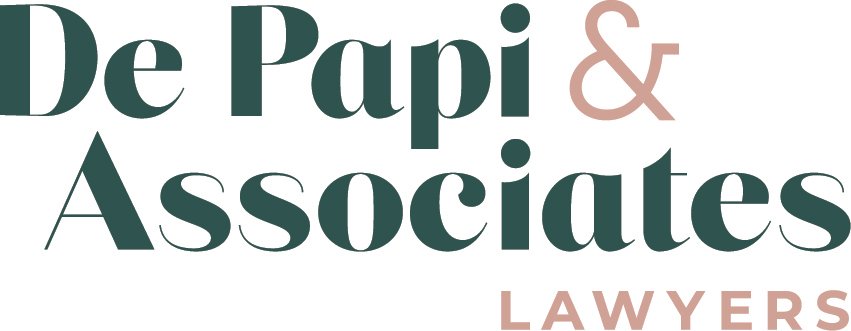Mediation: Is it worth it?
In Family Law disputes (property/financial, and parenting) and in disputes over Wills (e.g. family provision claims - contesting the Will), mediation is often an integral part of the legal process.
In a family law case (property or parenting), parties are in most cases required to participate in family dispute resolution (e.g. mediation) to try and resolve the dispute before taking the case to the Court.
If Court proceedings have been commenced in either a family law case or in an estate dispute (including a family provision claim), mediation is usually compulsory and the parties will be ordered by the Court to attend.
What is Mediation? It is a process where the parties to a dispute, with the assistance of a neutral third party (the Mediator) will identify and discuss the issues in dispute and attempt to reach an agreed outcome. Quite often, an agreement reached at Mediation is finalised by way of a written agreement, or a Court Order which is then submitted to the Court for approval.
If an agreement cannot be reached at Mediation, then one of the parties may apply to have the matter determined by the Court. If Court proceedings have already commenced, the parties will then proceed to the next stage to have the matter prepared for a trial.
When preparing for a Mediation, both parties should be considering what legal, financial and personal costs they will face if they continue to remain in the dispute. If an agreement cannot be reached and the Court needs to make the final decision, these costs can include:
Legal fees and other expenses;
The personal time and personal costs - it can take between 12 months to 18 months for a case to reach a final hearing. And then several months for a decision to be handed down by a Judge; and
In family law cases - remaining in conflict means that there will be no legal or financial separation of assets until the Court hands down a decision. Any jointly owned assets will remain held jointly - and joint liabilities will also remain owing by the parties jointly. This can place significant financial and practical disadvantages if you are required to remain financially and legally tied with your ex-partner for many months or even years.
It is important to remember - both parties in a mediation want to achieve their best outcome. It is important for you to head into your mediation prepared, and to remain flexible and open minded about the issues and proposals presented. And if there is an opportunity to reach an agreement - you should probably take it. Because reaching an agreement at mediation means that you and the other party will have controlled the outcome of your dispute, and you can both begin to move forward with your lives with certainty and legal protection.

